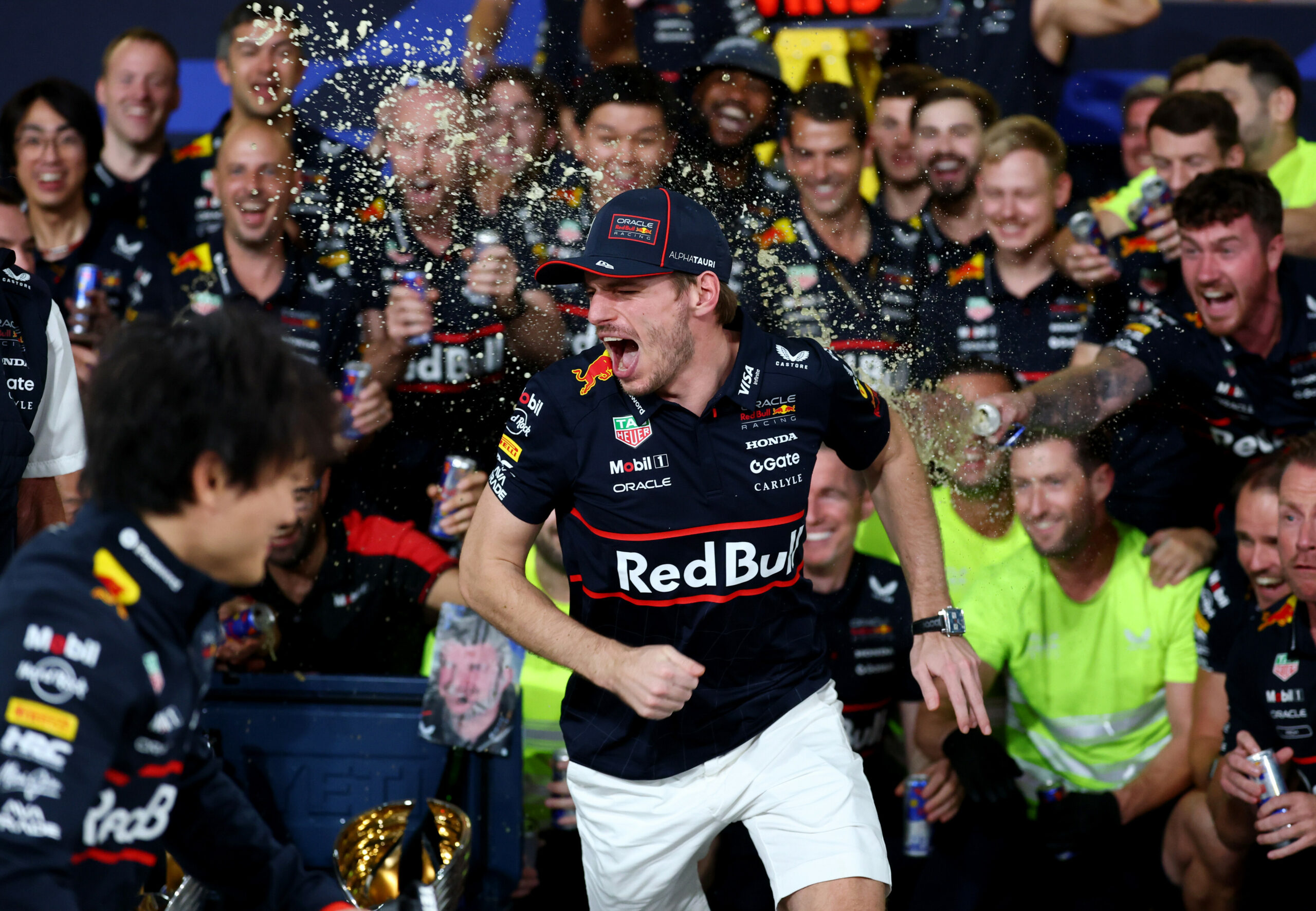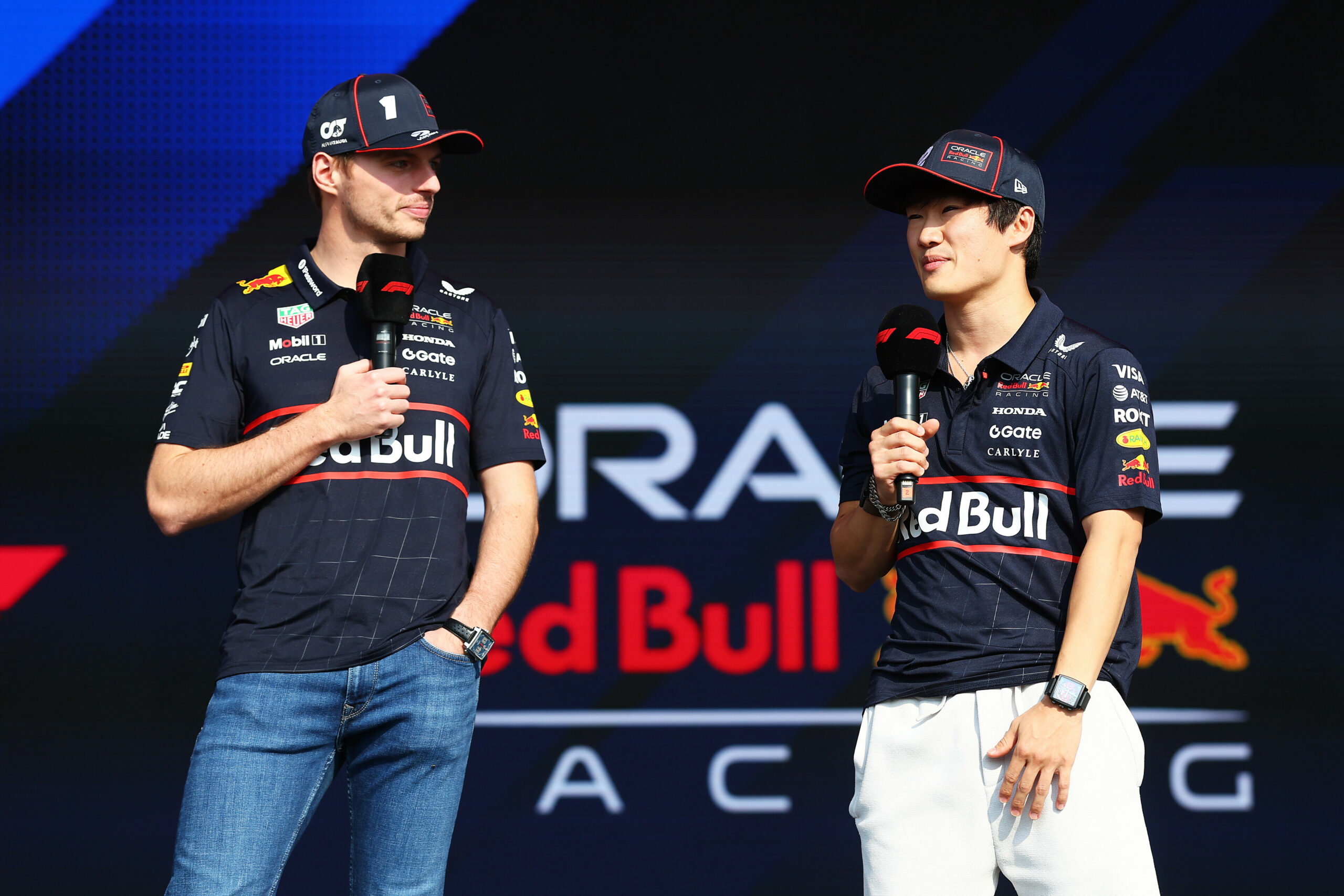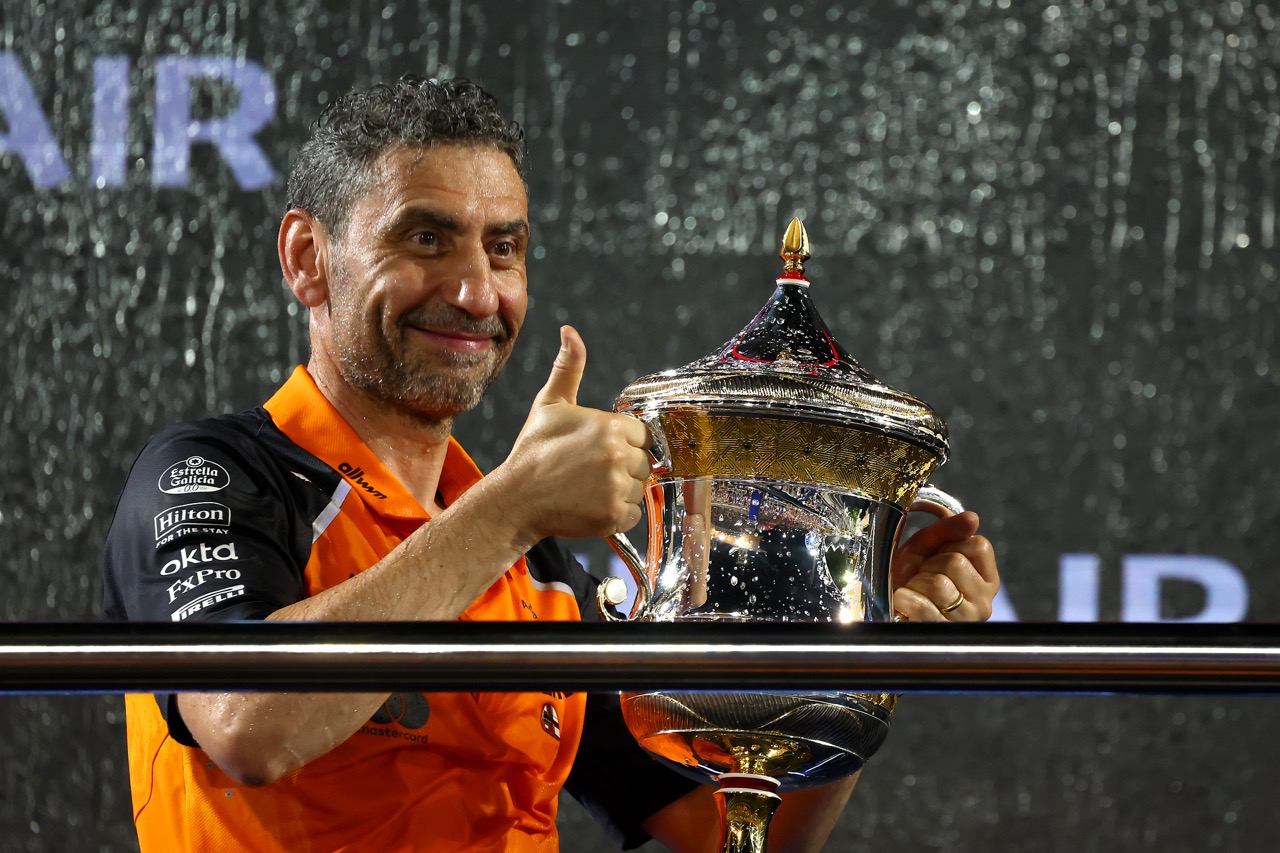By Fernanda Álvarez
Now that the Formula 1 season is just around the corner with the first Grand Prix of the 2023 season in Bahrain, and the competitors are fine-tuning their performance for what will be the first major on-track action of the year, the drivers are starting to discuss technicalities and most importantly, how the new cars differ from last year’s cars and even past seasons.
In this topic, Haas driver Kevin Magnussen said that this year’s design and regulatory changes to the floors’ designs of every challenger served their purpose of reducing the porpoising that caused a lot of inconvenience to drivers last year, however, he also said that it makes the cars more sensitive to wind.
“There’s less porpoising,”
“One of the negative consequences that everyone’s facing is that it’s also a little bit more wind sensitive. And it has been a bit windy here.
“One of the negative consequences is that it’s also a little bit more wind sensitive.”
“So, there’s going to be a little bit more inconsistency from the cars, but that’s an issue that everyone has to tackle.”
When questioned about whether his car lost downforce thanks to the new raised floors, the 30-year-old answered in good humor:
“I know exactly what, but I can’t obviously tell that.
“Those rule changes put everyone back and then everyone’s been putting downforce back on, some people would have gained, so they have a lot more than they did last year.
“The rules were better for downforce last year, but I think everyone will have made a good step.”
Alpine’s Esteban Ocon also commented on the perception of his Alpine during these few days of testing and while he claimed to agree with the Danish driver, the Frenchman believes it may be different once Formula 1 has left Bahrain.
“This place is so strange, you know, every day you have different problems with the wind.
“[Saturday] morning there wasn’t any wind but it didn’t stay long.
“There was again [more wind] in the afternoon, so it’s always sensitive to wind here. But maybe it’s more wind sensitive this year,” Ocon concluded.





